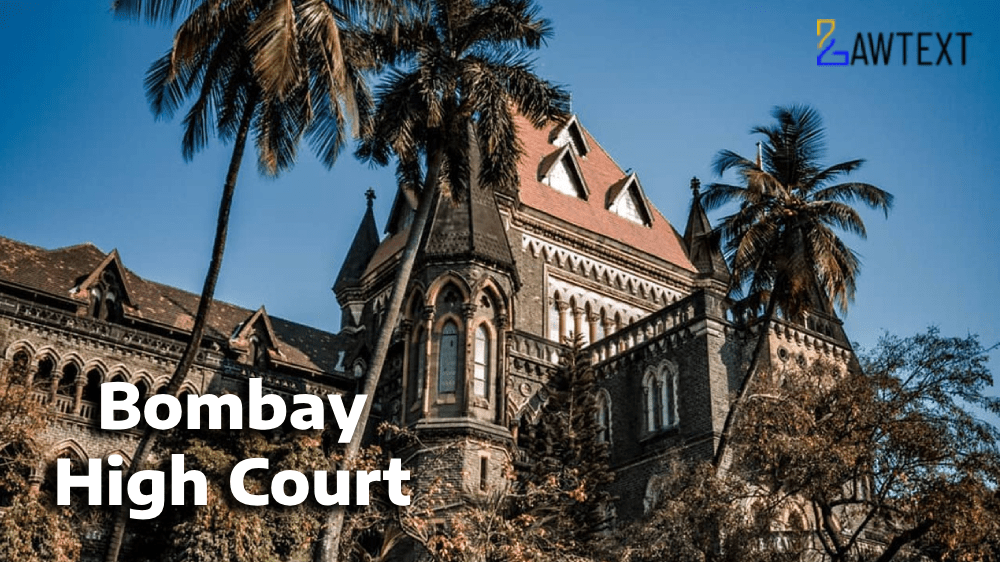Writ Petition Dismissed: Technical Bid Disqualification on Grounds of Insufficient Experience in Barrage Gate Works. Court upholds the tender committee's decision disqualifying a Joint Venture bidder for failing to meet technical bid requirements of fabrication, erection, commissioning, and testing of barrage gates.

CASE NOTE & SUMMARY
The court dismissed the writ petition filed by the petitioner (a Joint Venture) challenging its disqualification in the technical bid for a tender related to barrage gate construction works. The court upheld the tendering authority's interpretation of the bid requirements, affirming that the petitioner lacked the necessary experience in the full scope of work, including fabrication, erection, commissioning, and testing of barrage gates. The petitioner's failure to object to the tender conditions before bid submission and the issuance of the work order to the successful bidder further weakened its case. The court emphasized that in such cases, judicial intervention should be minimal unless clear evidence of arbitrariness, irrationality, or bias is present.
-
Introduction and Nature of Tender (Para 1-2):
- A writ petition was filed against disqualification from a tender titled “Katipati (Storage) Barrage, Taluka District Akola Construction of Earthwork and Gated Barrage Works” worth ₹305.55 Crores.
- The tender required bidders to fulfill specific general experience criteria, including work on the manufacturing, erection, commissioning, and testing of barrage gates.
-
Petitioner’s Disqualification (Para 3-5):
- The petitioner, a Joint Venture, submitted a bid but was disqualified for failing to satisfy the experience criteria for similar works (795 MT of gate manufacturing and allied works).
- The petitioner claimed it had completed gate fabrication work exceeding the required quantity but argued that it was incorrectly interpreted by the tender committee.
-
Respondents’ Arguments (Para 6-7):
- Respondents argued that the petitioner only had experience in structural steel fabrication for gates, not in the entire process of manufacturing, erection, commissioning, and testing, as required by the tender.
- They contended that the tender authority's interpretation should be final unless shown to be arbitrary.
-
Tender and Disqualification (Para 8-12):
- The tender process was divided into technical and financial bids, and the petitioner was disqualified based on technical criteria.
- The tendering authority emphasized that the petitioner’s experience certificate did not cover the full scope of work as specified in the tender.
-
Court's Analysis of Experience Criteria (Para 13-16):
- The court concluded that the petitioner failed to meet the specific experience criteria. Although the petitioner completed structural fabrication, it did not meet the mandatory requirement for the full process of gate manufacturing, erection, commissioning, and testing.
- Citing Afcons Infrastructure Ltd. v. Nagpur Metro Rail Corp. Ltd. and Silippi Constructions Contractors v. Union of India, the court noted that the tendering authority’s interpretation of its requirements should be given deference unless proven arbitrary or irrational.
-
Judicial Deference in Tender Matters (Para 17-18):
- The court held that in contractual matters, especially tenders, the tendering authority is best suited to interpret its conditions. The petitioner's failure to raise objections to the tender conditions before bid submission and the lack of a challenge to the successful bidder's work order further weakened the case.
- The writ petition was dismissed as lacking merit.
Acts and Sections Discussed:
- Constitution of India, Article 226: Discussed concerning the limited scope of judicial review in contractual matters involving state entities.
- Judgments Cited:
- Afcons Infrastructure Ltd. v. Nagpur Metro Rail Corpn. Ltd. (2016) 16 SCC 818: Emphasizing the deference courts must show to the interpretation of tender conditions by tendering authorities.
- Silippi Constructions Contractors v. Union of India (2020) 16 SCC 489: Highlighting that judicial intervention in tender matters should only occur in cases of arbitrariness, irrationality, or bias.
- Galaxy Transport Agencies, Contractors, Traders, Transports and Suppliers v. New J.K. Roadways (2021) 16 SCC 808: Affirming the tendering authority's discretion in interpreting bid conditions.
Ratio:
- The court ruled that the tendering authority's interpretation of bid conditions must be respected unless it is shown to be arbitrary, irrational, or biased. In commercial contracts, courts should not intervene unless there is overwhelming public interest or evident unfairness. Judicial review in tender processes must be limited to ensuring that decisions are not capricious or perverse.
ISSUE OF CONSIDERATION
M/S BCPL-SRRIPL (J.V.) THROUGH AUTHORIZED SIGNATORY RAJARAM SUNIL KUNDU VERSUS STATE OF MAHARASHTRA & OTHERS
Citation: 2024 LawText (BOM) (10) 143
Case Number: WRIT PETITION NO. 6028/2024
Date of Decision: 2024-10-14
Case Title: M/S BCPL-SRRIPL (J.V.) THROUGH AUTHORIZED SIGNATORY RAJARAM SUNIL KUNDU VERSUS STATE OF MAHARASHTRA & OTHERS
Before Judge: NITIN W. SAMBRE AND MRS.VRUSHALI V. JOSHI , JJ .
Advocate(s): Ms Apurva Tripathi, Advocate with Shri D.A. Sonwane, counsel for the petitioner. Shri D.V. Chauhan, Senior Advocate and Government Pleader with Shri N.S. Rao, Assistant Government Pleader for the respondent no.1. Shri S.P. Dharmadhikari, Senior Advocate with Shri J.B. Kasat, counsel for the respondent nos.2 to 5
Appellant: M/S BCPL-SRRIPL (J.V.) THROUGH AUTHORIZED SIGNATORY RAJARAM SUNIL KUNDU
Respondent: STATE OF MAHARASHTRA & OTHERS

